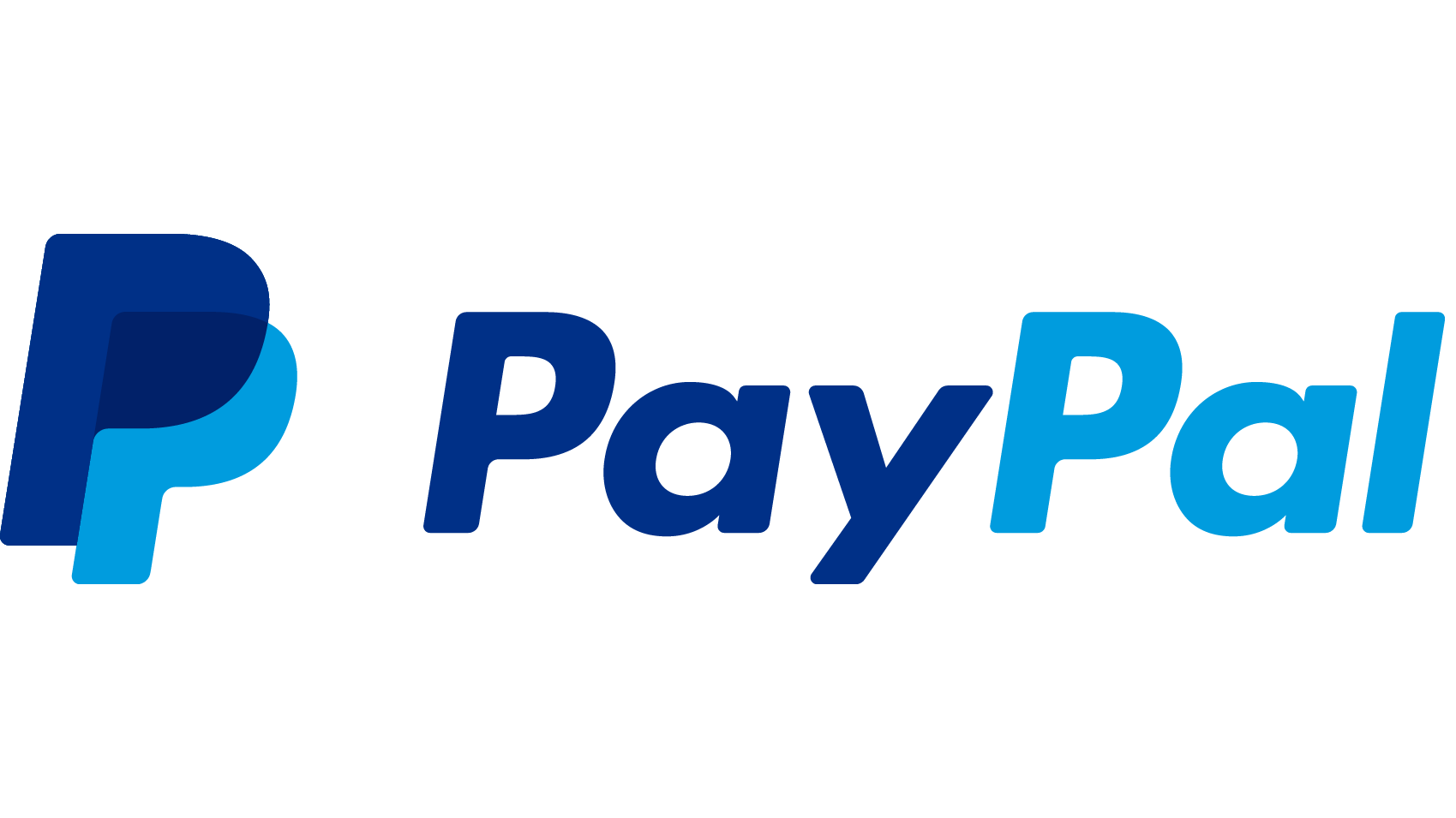In what plays out like the famous David vs Goliath fight in the Bible, an aggrieved Kenyan has taken the bold move to sue California-based financial technology company PayPal for unfairly suspending his account.
Announcing the move on social media, the guy only identified as Rabala Jobita said he had filed a representative suit against their online payment system which he says is discriminative to users based in Africa.
In the tweet published on Friday, 27 November 2021, he revealed that he has already received the go-ahead from the American government to sue the firm.
This was after he reportedly received a letter from the Consumer Financial Protection Bureau after going through affidavits sworn by other complainants.
“I am filing a representative suit against @PayPal for how they treat freelancers of African descent,” he wrote, adding, “The Consumer Financial Services Bureau replied to my letter approving after they read through affidavits sworn by complainants”.
The bureau is an agency of the United States government responsible for consumer protection in the financial sector.
Raballah is now seeking other disgruntled Kenyans who have faced a similar experience when using the service to bring themselves forth and join him in the incoming legal battle.
I am filing a representative suit against @PayPal for how they treat freelancers of African decent. The Consumer Financial Services Bureau replied to my letter approving after they read through affidavits sworn by complainants. Anyone interested?
— Odhiambo Jobita (@Raballah_) November 26, 2021
A representative suit is a case that involves numerous people who share a community of interest in the subject matter of the suit, which helps to prevent a multiplicity of suits by such a huge number of interested persons.
This is also not the first time PayPal has faced accusations of denying services to a specific ethnic group.
The company’s Venmo division has been sued multiple times for blocking payments associated with Islam or Arab nationalities or ethnicities.
Even in Kenya, his case is not unique.
This is because American companies like PayPal take a misinterpreted stand on anti-terrorism statutes and sanctions and sometimes ends up denying service to entire groups or geographic areas.
Alternatively, narrowly targeting those parties whom they are legally obligated to block would be a much more effective solution.
This sometimes gets deeply troubling and causes serious harm to those who rely on the digital service for their basic needs.
















